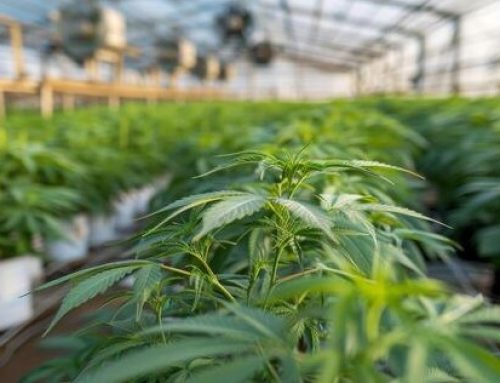Arizona to Award $5 Million in Grants for Clinical Studies on Psilocybin Mushrooms
PHONIX– Arizona is set to allocate $5 million in grants for researchers to conduct clinical studies on the therapeutic potential of hallucinogenic psilocybin mushrooms. The state’s recently approved budget for fiscal year 2024 includes a competitive grant program overseen by the Arizona Department of Health Services (ADHS).
The grant recipients will conduct clinical trials focusing on the effects of “whole mushroom psilocybin” on various medical conditions, including post-traumatic stress disorder (PTSD), long COVID symptoms, depression, anxiety, chronic pain, and other ailments. The trials will prioritize the participation of veterans, first responders, frontline healthcare workers, and individuals from underserved communities.
This initiative is significant as previous research has primarily focused on a synthetic psilocybin molecule, while Arizona will be the first to conduct research on the whole mushroom itself. Sue Sisley, a researcher specializing in the effects of psilocybin and federally licensed to cultivate whole mushrooms, considers this to be “the most important psilocybin research in the world.”
Paul Thambi of Sunstone Therapies, a research organization conducting trials with psychedelics, highlights the uniqueness of Arizona’s grant program, which has been generating excitement within the medical community. Thambi suggests that there may be other components in the mushroom that contribute to the efficacy of the treatment, and this research could shed light on their role.
Sisley estimates that the $5 million funding will be sufficient for two grants for phase I trials. These early exploratory studies will primarily focus on assessing the safety of psilocybin at different doses, absorption rates in the body, and urine excretion. Typically, phase I trials involve around 20 subjects. However, she believes that there may not be enough funding available for phase II trials, which would involve measuring the effectiveness of the drug on a larger group of approximately 100 subjects.
Sisley’s organization, the Scottsdale Research Institute, intends to apply for one of the grants. The exact timeline for the application period and the grant amounts are yet to be determined. However, the budget requires that grants be awarded by February 1 each year, with the ADHS announcing the start of the application period at least 30 days in advance and providing applicants with at least 30 days to submit their proposals.
During the legislative session, a bipartisan bill seeking to allocate $30 million for psilocybin research was approved by a state House committee but ultimately failed to progress further.


































